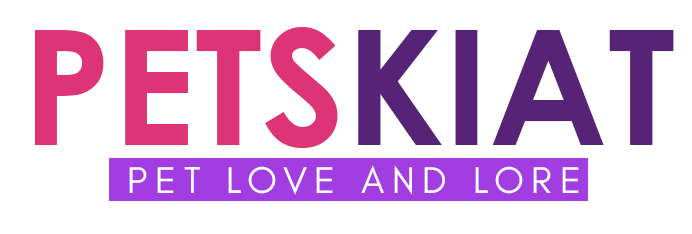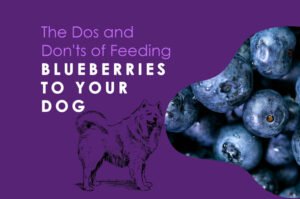As pet owners, we want the best for our furry friends, and one of the most important aspects of their well-being is nutrition. Providing a healthy and balanced diet is essential for their overall health and longevity. In this blog post, we will explore some tips to help you understand pet nutrition and ensure that your beloved companion is getting the nutrients they need.
Tips for a Healthy and Balanced Diet For Pets
1. Consult with a Veterinarian
Before making any changes to your pet’s diet, it’s crucial to consult with a veterinarian. They can provide valuable guidance based on your pet’s specific needs, age, breed, and any existing health conditions. A professional opinion will help you make informed decisions about the best diet for your pet.
2. Choose High-Quality Pet Food
When selecting pet food, opt for high-quality brands that meet the nutritional standards set by reputable organizations. Look for labels that indicate a balanced diet with essential nutrients. Avoid foods that contain excessive fillers, artificial additives, or by-products.
3. Consider Your Pet’s Age and Activity Level
Pets have different nutritional requirements based on their age and activity level. Puppies and kittens, for example, need more calories and nutrients to support their growth. Older pets may require specialized diets to address age-related issues. Discuss with your veterinarian to determine the right balance for your pet.
4. Provide a Variety of Nutrient-Rich Foods
Offering a variety of nutrient-rich foods can help ensure that your pet receives a wide range of essential vitamins and minerals. Include lean proteins, whole grains, fruits, and vegetables in their diet. However, be cautious about introducing new foods gradually to avoid digestive upsets.
5. Monitor Portion Sizes
Portion control is vital to prevent overeating and obesity in pets. Follow the feeding guidelines provided by the pet food manufacturer and adjust based on your pet’s individual needs. Regularly monitor their weight and consult your veterinarian if you notice any significant changes.
Conclusion
Understanding pet nutrition is crucial for providing a healthy and balanced diet to our beloved companions. By consulting with a veterinarian, choosing high-quality pet food, considering age and activity level, providing a variety of nutrient-rich foods, and monitoring portion sizes, you can ensure that your pet is getting the nutrition they need for a long and happy life.
FAQS(Frequently Asked Questions)
Why is pet nutrition important?
Proper nutrition is essential for your pet’s overall health, providing energy, supporting growth, and preventing various health issues.
What are the key components of a balanced pet diet?
A balanced diet for pets includes proteins, carbohydrates, fats, vitamins, and minerals. Each plays a crucial role in maintaining their well-being.
How do I determine the right portion size for my pet?
Portion sizes depend on factors like your pet’s size, age, activity level, and health condition. Consult your veterinarian to create a personalized feeding plan.
Can I feed my pet human food?
While some human foods are safe for pets, others can be toxic. It’s crucial to research and consult your vet before incorporating human food into your pet’s diet.
What are the signs of an improper diet in pets?
Signs may include weight loss or gain, lethargy, dull coat, digestive issues, or changes in behavior. Regular vet check-ups can help detect and address nutritional concerns.
Is it okay to feed my pet a vegetarian or vegan diet?
Pets, especially dogs, are typically carnivores and require animal-based proteins. Consult your vet before making significant dietary changes, as plant-based diets may lack essential nutrients.
How can I transition my pet to a new diet?
Gradual transitions are key to prevent digestive upset. Mix a small amount of the new food with the old, gradually increasing the ratio over a week.
Are commercial pet foods reliable?
Many commercial pet foods meet nutritional standards, but it’s essential to choose reputable brands. Consult your vet to find the best option for your pet’s specific needs.
Should I give my pet supplements?
In most cases, a balanced diet provides necessary nutrients. However, consult your vet before adding supplements to ensure they are safe and appropriate for your pet.
What foods should I avoid giving my pet?
Avoid foods like chocolate, caffeine, alcohol, onions, garlic, and certain fruits, as they can be toxic to pets. Always check with your vet if you’re unsure about specific foods.




